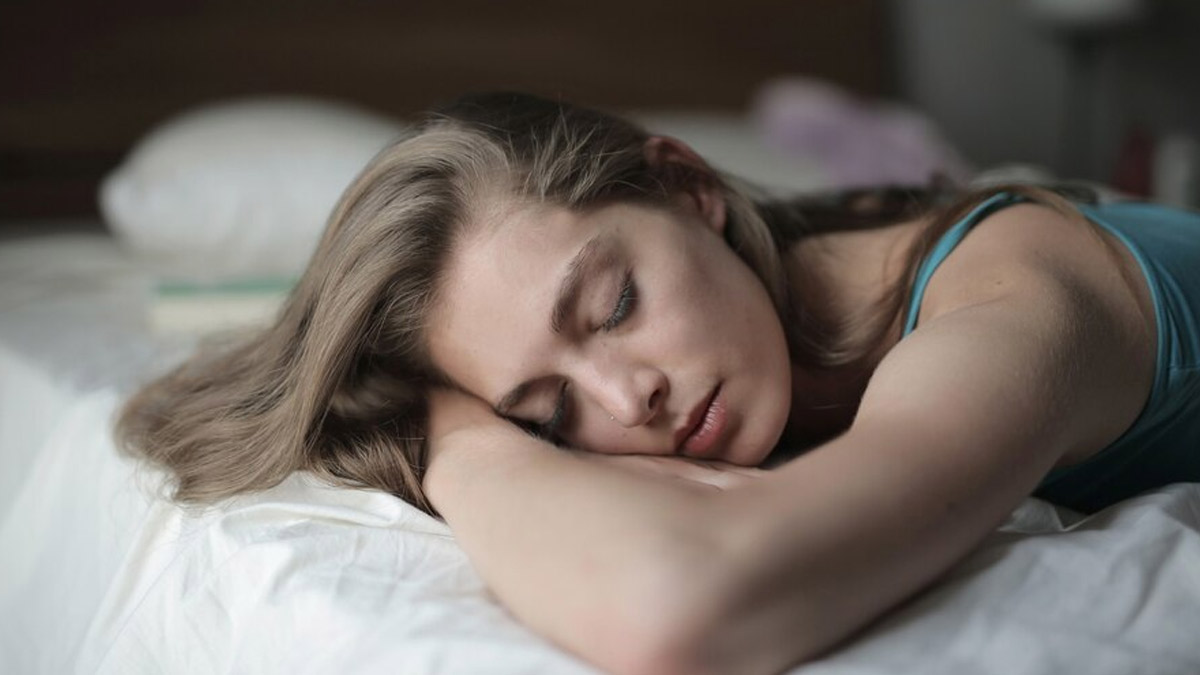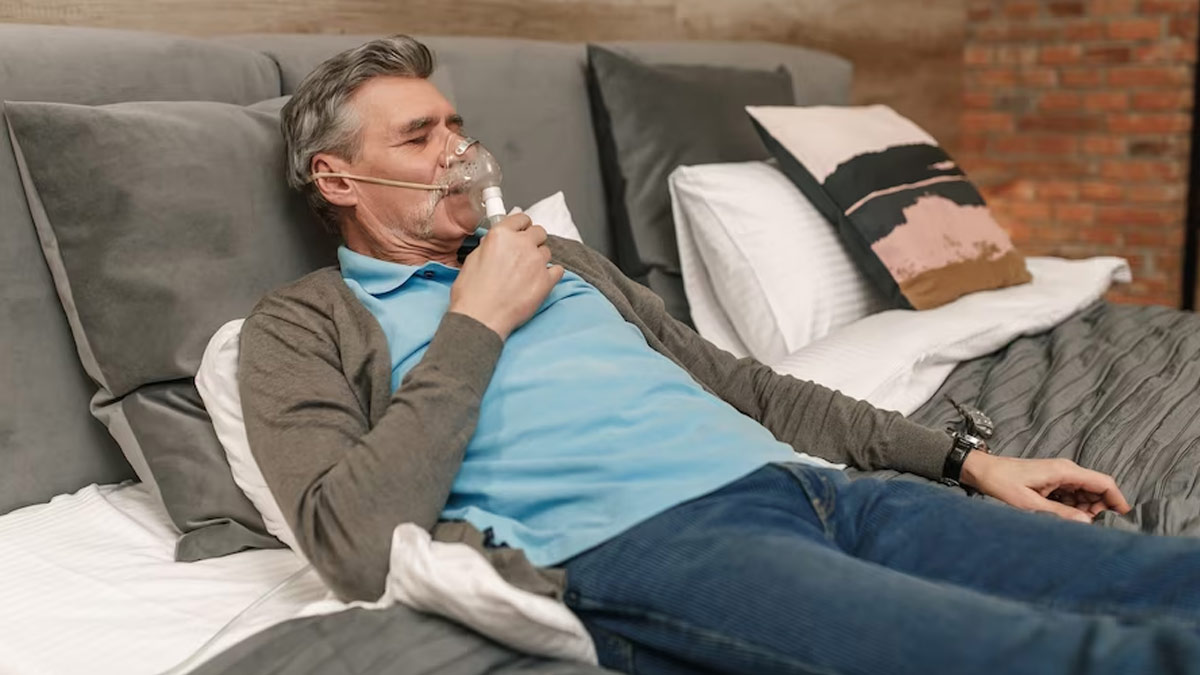
Drooling occurs when saliva flows out of your mouth without an intention. This could be because you have too much saliva or because your mouth's muscles are undeveloped.
Did you ever drool while sleeping? This condition is also known as sialorrhea, and is a common occurrence for many people. It happens when saliva escapes from the mouth during sleep, often due to the relaxation of facial muscles and a change in the position of the body. Understanding the science behind this phenomenon can help in addressing it effectively. Also, there are several strategies you can employ to minimise or stop drooling.
Table of Content:-
The Science Behind Drooling While Sleeping
Relaxation of Muscles
According to Dr Sanjay Chaudhary, MBBS, MD, VIMS, New Delhi, during sleep, the body enters a state of relaxation, which includes the muscles around the mouth. This relaxation can cause the mouth to open, making it easier for saliva to escape.

Also read: Swelling Of Salivary Glands? Expert Explains Mumps, Its Symptoms And How To Prevent It
Sleep Position
As per Dr Chaudhary, sleeping on your side or stomach can encourage saliva to pool and eventually dribble out of the mouth. Gravity plays a role here, guiding the saliva out when lying in these positions.
Increased Saliva Production
Certain conditions or triggers can lead to increased saliva production. For example, acid reflux or certain medications can stimulate salivary glands.
Sleep Disorders
According to research, people with sleep disorders, such as sleep apnea, are more likely to drool during sleep. This is partly due to the irregular breathing patterns and possible open mouth to facilitate breathing.

Nasal Congestion
Blocked nasal passages force you to breathe through your mouth, increasing the likelihood of drooling.
How You Can Stop Drooling
Change Your Sleep Position
Try sleeping on your back. This position helps prevent saliva from pooling at the sides of your mouth.
Improve Nasal Breathing
Address nasal congestion or allergies to encourage nose breathing. Using nasal strips, having a humidifier in the room, or consulting with a doctor for allergy management can be effective.
Mouth Exercises
Strengthening the muscles around the mouth can help keep it closed while you sleep. Facial exercises, also known as orofacial myofunctional therapy, can be beneficial.
Stay Hydrated
Dehydration can thicken your saliva, making it more likely to drool. Drinking plenty of water throughout the day can help maintain a normal saliva consistency.
Also read: Just A Drop Of Saliva Can Detect Breast Cancer In 5 Seconds: Study
Manage Acid Reflux
If acid reflux is causing excessive saliva production, dietary changes, sleeping on an incline, or medication might be necessary.
Review Medications
Some medications can increase saliva production. If you suspect your medication is a culprit, discuss alternatives with your healthcare provider.
Practice Good Sleep Hygiene
Establishing a regular sleep schedule, ensuring a comfortable sleep environment, and avoiding stimulants before bedtime can improve the quality of sleep, potentially reducing drooling.
Drooling when sleeping is rarely a cause for concern and can easily be treated with easy lifestyle modifications. However, if frequent drooling is accompanied by other symptoms, such as sleep difficulties or difficulty swallowing, it may indicate a more serious illness that necessitates medical intervention. In such circumstances, it is best to consult with a healthcare provider to discover the underlying reason and the most appropriate treatment.
Also watch this video
Read Next
World Kidney Day: What Are The Preventive Measures Of Chronic Kidney Diseases? Expert Explains
How we keep this article up to date:
We work with experts and keep a close eye on the latest in health and wellness. Whenever there is a new research or helpful information, we update our articles with accurate and useful advice.
Current Version